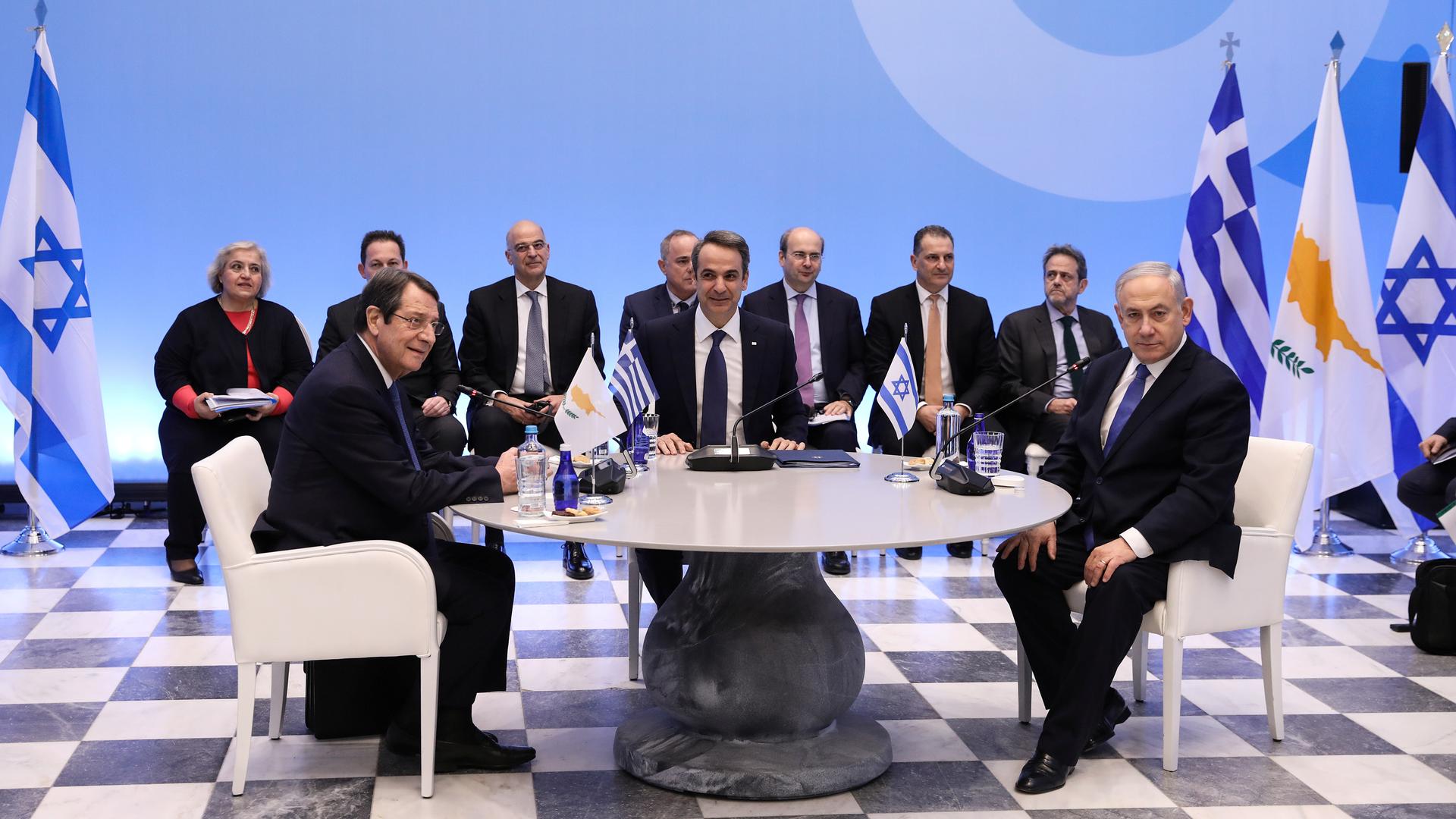Aggressive diplomacy from Greece can’t change the reality that Turkey has a rightful stake in the Eastern Mediterranean.
Last Tuesday, Greece signed an accord with Italy on their maritime boundaries to establish an Exclusive Economic Zone (EEZ) between the two countries. This accord does not even serve Greece’s regional interests and has raised eyebrows within the country.
The former Greek Minister of Foreign Affairs, Nikos Kotzias, harshly criticised the Greek government.
By signing the agreement, he says that the Greeks are going against their claims on the EZZ(s) of their islands by accepting the non-existence of their islands’ EZZ(s). This means the distribution under Turkey’s EZZ projection in the Eastern Mediterranean is not baseless.
As the Turkish Minister of Foreign Affairs, Mevlut Cavusoglu, has emphasised, “their deal (the accord) has proven the validity of Turkey’s argument on such maritime deals.”
Furthermore, this accord allegedly violates the maritime boundaries of Libya and Albania.
Greece’s anti-Turkey actions in the region continue to create more friction and are have led to diplomatic failures.
After the signing of the accord, the Greek Foreign Minister Nikos Dendias stated, “The delimitation of maritime zones is accomplished with valid agreements, not with invalid ones like that signed by Turkey and the Libyan government of Fayez al-Sarraj and with maps unilaterally submitted to the United Nations.”
The assertion that the regional concord took place between the UN-backed Government of National Accord in Libya is invalid will not help to resolve existing disputes or result in regional stability and prosperity for any stakeholders such as Greece, Turkey, or Cypriots, whether Turkish or Greek.
Statements from the international community have led the Greek administration to take more reckless steps in the region.
For instance, French Defense Minister Florence Parly stated that a few months ago, “France intends to stand by Greece and help it to confront multiple tensions in the Aegean and the Eastern Mediterranean.”
Instead of offering a constructive and inclusive approach for regional peace and stability, such statements coming out from unilateral and biased judgments will not help pave the way for a common platform for regional cooperation that can be accepted by all parties.
It must be clear by now that there is no ideal solution in the Eastern Mediterranean that can achieve its full potential without taking Ankara on board, because Turkey’s geopolitical position is too significant to be ignored or isolated.
However, common sense has played a limited role in the region thus far. Greece and the Greek-Cypriot Administration of Southern Cyprus insisted on contesting a new energy exploitation venture: the 1,300-mile, so-called EastMed pipeline.
This project seems shelved following the serious question marks over its viability and functionality. Some are rightly referring to it as a “stillborn” project.
In this atmosphere, the European Union has adopted sanctions on two Turkish oil executives to stop Turkey’s exploration and drilling activities in the region.
In spite of the unilateralist policies, Ankara still remains a major part of the energy equation in the Eastern Mediterranean with its three drilling vessels and the Turkish engagement with the legitimate UN-backed government of Libya.
The current state of affairs has guaranteed its strategic position and strengthened its standing in accessing its share of the region’s wealth.
It is better for all parties, especially Greece, to negotiate a new regional partnership that includes all actors rather than trying to marginalise Turkey and Turkish Cypriots.
Even if some papers suggest that the only way to a sustainable solution is dealing with the Cyprus ‘problem’, such an attempt would require a long-term effort and has the potential to further inflame the situation to the crisis by reviving past enmities and divisions.
Instead, all short or long term opportunities for cooperation must be utilised for a political settlement and a comprehensive resolution that serves the interests of all stakeholders in the region. Otherwise, the disputes in the Eastern Mediterranean can get out of hand, and a violent incident in the region by accident or otherwise is not unthinkable.
Before it is too late, all stakeholders must understand that one-sided projects and policies side-lining Turkey and the TRNC, are provocative, counter-productive, preclude a genuine long-term political settlement in the region and are the results of poor diplomatic miscalculations — only endangering international and regional peace and stability.
Author: Enes Yavuz
Enes Yavuz is an Associate Researcher at TRT World Research Center.
Source










Discussion about this post